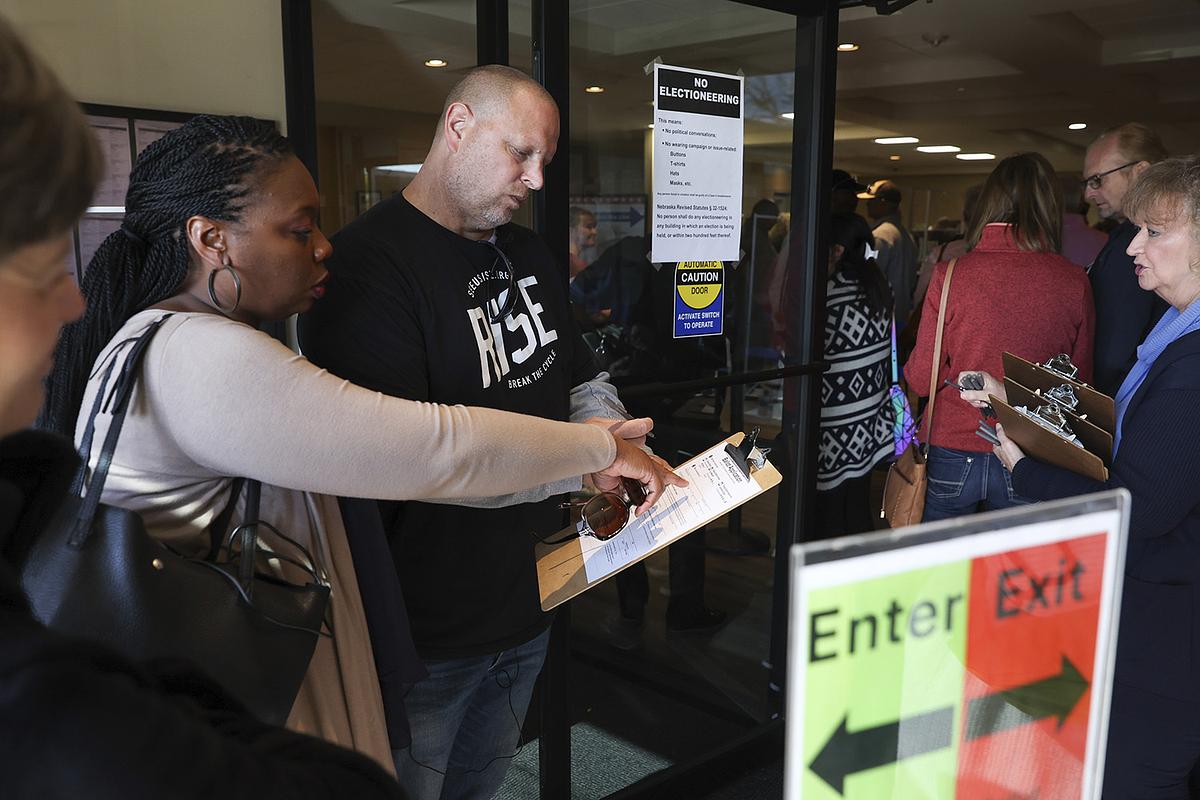The right to vote should never be taken for any reason other than the person renouncing their citizenship.
Felons are members of society too.
Quick question… can a 34-count convicted felon who lives in Florida legally vote?
Answering that is actually very complicated and a great example of what the article is talking about. Trump specifically can vote because, while he lives in Florida, the conviction wasn’t in Florida but in New York. Florida defers to New York laws in that case. New York law says that only incarcerated felons cannot vote. Trump isn’t incarcerated so New York law says he can vote, meaning Florida law also says he can vote. If he was convicted in Florida, he wouldn’t be able to vote until his sentence was served, regardless of if that sentence was incarceration or probation. There are also certain crimes Florida never gives voting rights back if convicted, unless the Governor grants clemency.
Whole thing was a good read. Thanks for linking it.
So there are eligible voters in the USA literally afraid to try voting in case they’re jailed for it. It’s not just confusion.
Fear also drives reluctance. In the face of confusing eligibility regulations, people who are trying to put a criminal conviction behind them often don’t want to risk making a mistake that could send them back to prison. In Florida, several people faced that exact possibility in 2022, after an office set up by Gov. Ron DeSantis began arresting voters who allegedly cast ballots while ineligible to do so.
…
For example, in Nebraska, the bill legislators passed this year changed state law to allow anyone with a felony conviction to register to vote upon completion of their sentence. This modified a 2005 law that automatically restored voting rights for people with felony convictions but required a two-year waiting period upon completion of a sentence.
But then a non-binding opinion by Attorney General Mike Hilgers suggested that not only this year’s law but also the prior 2005 law were unconstitutional, creating a significant cloud of uncertainty for impacted people until this week’s state Supreme Court ruling.
“We were getting lots of calls from people, ‘I’m not going to bother. It worries me too much, and I’m not going to go back to prison,’” said Smith, with Civic Nebraska.
So there are eligible voters in the USA literally afraid to try voting in case they’re jailed for it
Yep, this is exactly the dynamic they’re going for and achieving.
Also, I should have thought of this when I posted this article, but your comment just made me remember a research paper I saw a few years ago that found that just being stopped by police shortly before an election had a statistically significant association with being less likely to turn out in that election (archive link).
One of the researchers of that participated in a reddit thread that was really fascinating you can find here - https://archive.is/oDSkv
They also wrote up a summary for a magazine (archive link), which has these two paragraphs -
These results make clear that the collateral consequences of policing—including worsening outcomes for economic security, educational attainment, and health—also extend to political participation. If the communities who are most frequently subjected to policing are also discouraged from voting as a result, it could create a vicious feedback loop of political withdrawal.
Why would traffic stops make people less likely to show up to the polls? Past research has already established that the most disruptive forms of criminal legal contact, like arrest and incarceration, discourage people from voting. Our study shows that low-level police contact matters in the same way. If a traffic stop makes a motorist fear that the government will harm them, it can prompt a withdrawal from civic life that political scientists call “strategic retreat.” Motorists might worry that a routine traffic stop could escalate into police violence, a more common outcome for Black people in particular. Beyond justified fears of violent victimization, voters might also bristle at the perception of being targeted to raise revenue through excessive ticketing. Accordingly, if incarceration ‘teaches’ would-be voters that their government is an alienating and harmful force in their lives, traffic stops could catalyze a similar form of ‘learning.’
-that I feel ought to be read verbatim in any conversation people have about why red states with lots of poor people and low voter turnout rates keep electing crappy governments that hurt them. They’re terror states in a very literal way.



